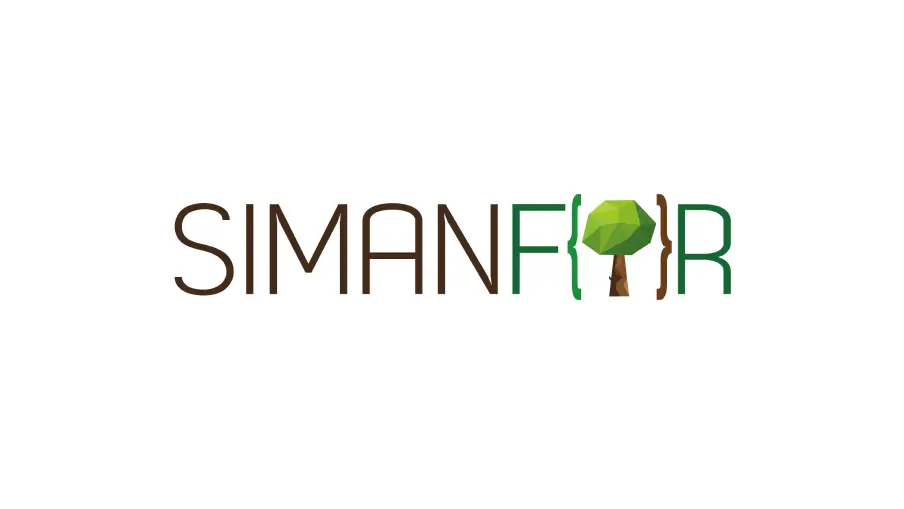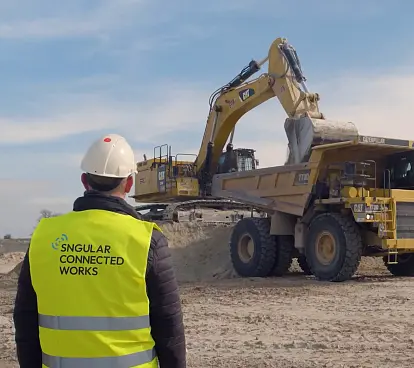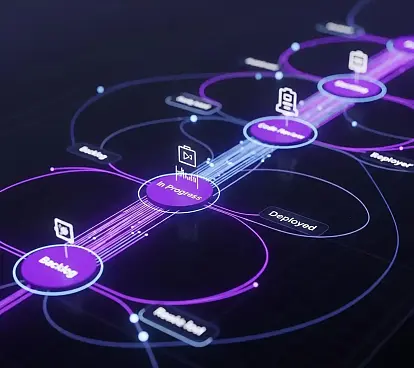
Using AI to secure a sustainable future for everyone
September 28, 2021
How can we use the power of tech to help save the world’s valuable forests?
Sngular was approached by the University of Valladolid in Spain to update its pioneering Simanfor platform. Simanfor is a simulation tool used in forest management – and the first of its kind to be cloud-based. Our specialist Data & AI teams added valuable new tools to Simanfor and created a fresh user-friendly interface. Thanks to our collective effort, professor Felipe Bravo said, “Simanfor has positioned the University of Valladolid as a leading reference in forestry research.”.
The power of predictive modeling
The initial goal was to create a new simulation motor for Simanfor, which uses predictive modeling – data analysis to identify trends – for forest management. This is critical for enhancing biodiversity in forests and providing a huge range of social and economic benefits.
Our new simulation motor equipped researchers to take full advantage of the potential of predictive modeling. By using current tree inventories, the motor can simulate the impact over time of potential new actions, such as cutting down trees, helping researchers estimate the future effects of potential forest regimes.
“Sngular exceeded our expectations ”
Felipe Bravo
 A fresh, user-centered interface
A fresh, user-centered interface
Once the new motor was developed, it became clear the project scope needed to expand to include a redesign of the web interface. Our UX-conscious design made Simanfor more user-friendly and instantly available on more devices – broadening its accessibility and reach. While our design enabled scalability and the addition of new interfaces in the future.
Reimagining the Simanfor platform demanded a dedicated team of machine learning, data, cloud and frontend specialists. We followed a Scrum work model, staying in constant contact with the University of Valladolid. And at each stage, we presented results via a product demo, collecting critical feedback that meant we could adapt the platform to the client's needs.
Future-proofing the platform
The technology our team added to the Simanfor platform was an evolution of existing ideas and tech, taking everything to the next level of efficiency. Simanfor is now used to train new forest engineers and ensure the sustainability of forests through better management.
Professor Bravo added, “Sngular exceeded our expectations regarding the development of Simanfor and the incorporation of valuable new tools that were the result of multidisciplinary work.” Our colleague Jorge Prudencio, a cognitive solutions architect, agreed. “Seeing something that took so much work become useful and productive is extremely satisfying.”
Curious?
Learn how SNGULAR can give your business an adaptive advantage.
Our latest news
Interested in learning more about how we are constantly adapting to the new digital frontier?

Insight
December 26, 2025
Ferrovial improves heavy construction efficiency with Connected Works

Insight
October 17, 2025
How to transform Customer Experience dashboards into intelligent decisions

Insight
July 31, 2025
The potential of Process Mining in SAFe environments

Tech Insight
May 28, 2025
LLMs, Vibe Coding, and software development